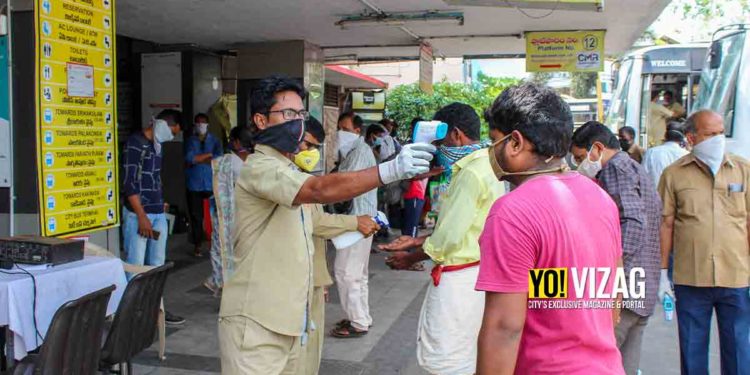As the number of COVID-19 cases continues to rise in the country, over the past few weeks, it has been observed that there has been a proportionate rise in the stigma associated with the infection. To the brighter side, the country has also been reporting an increasing number of recoveries over the past few days. “During the last 24 hours, 10,215 COVID-19 patients were cured. A total of 1,80,012 patients, so far, have been cured of COVID-19. The recovery rate rises to 52.47%, which is indicative of the fact that more than half of positive cases have recovered from the disease,” a release by the Ministry of Health and Family Welfare on Tuesday stated. In a bid to address the stigma associated with COVID-19, the MoHFW released a guide to overcoming the fears, if any, surrounding the infection.
In its guide, the MoHFW stated that stigma associated with COVID-19 is based on three factors: lack of adequate information, fear of the disease, rumours or misinformation. The Ministry further stated that people facing the stigma include those affected with COVID-19, their families/caregivers /friends, people under quarantine and their families, frontline health care providers, those who have recovered from COVID-19, and migrant workers among others. The stigma might lead to COVID-19 cases not being reported, or reported late, making management of the coronavirus outbreak more difficult, diversion from the required preventive measures which need to be undertaken, the guide mentioned.
Elaborating further on COVID-19, the guide read:
1. Although COVID-19 is highly contagious, we can protect ourselves by following preventive measures such as physical distancing, washing hands frequently and wearing a face cover/mask.
2. Despite precautions, if a person contracts COVID-19, it is not his/her fault. Anyone is susceptible to contracting the disease, no one needs to be blamed.
3. In situations of distress, the patient and the family need support and cooperation.
4. Be a well-wisher to those in isolation/ quarantine and their families. Testing, isolation and quarantine are meant to protect the family and community.
5. Celebrate persons who have recovered from COVID-19 as winners. They do not have the virus & there is no risk of transmission.
The MoHFW also discouraged the spread of misinformation, sharing personal details of patients, or labelling a particular individuals/household/area for the spread of COVID-19. On the contrary, they encouraged to appreciate the efforts of the frontline workers, verify any piece of information before sharing, and spread positive stories of COVID-19 recovery.










Discussion about this post